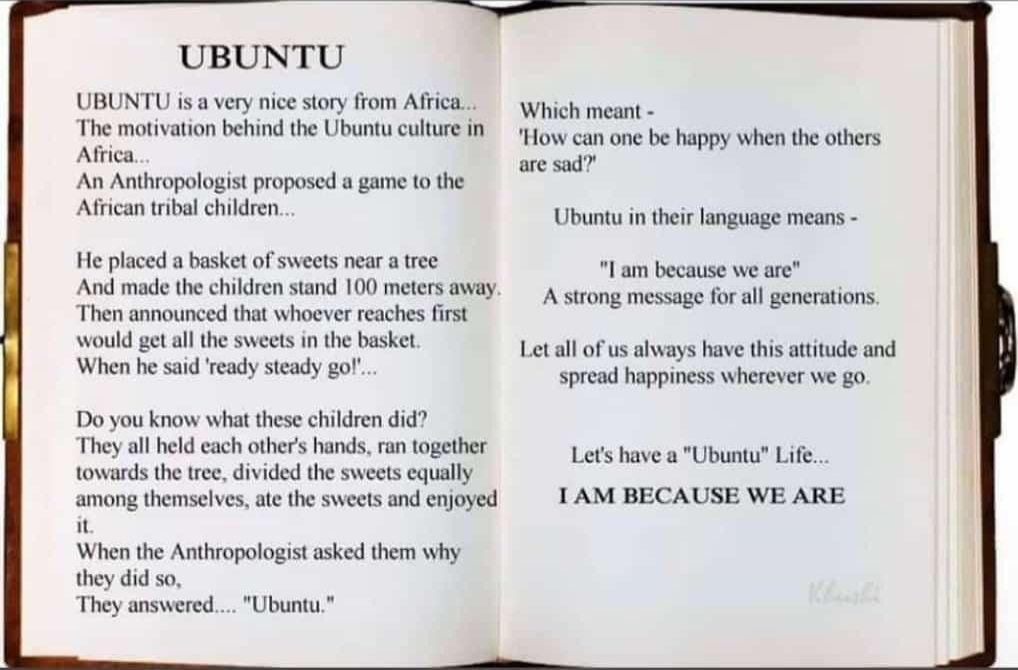In Chinese culture, the Dragon holds a significant place as an auspicious and extraordinary creature, unparalleled in talent and excellence. It symbolizes power, nobility, honor, luck, and success. Consequently, 2024 is forecasted to bring about opportunities, changes, and challenges. If you're seeking a shift in your current lives, this year might offer a chance.
According to the Chinese horoscope, the luckiest zodiac signs in 2024 are Monkeys, Roosters, and Pigs. Following closely behind are Tigers, Rabbits, Snakes, Monkeys, Roosters, and Dogs. However, if you're born in the Year of the Rat, Ox, Dragon, Horse, Goat, or Dog, you might need to brace yourself for various challenges and make more effort than in 2023 to achieve your goals.
Why is the Dragon the most popular sign in the Chinese zodiac? The video below unveils the secret .
Chinese Zodiac Dragon Years
The Dragon is the fifth animal sign in the Chinese zodiac cycle. If you were born in 2024, 2012, 2000, 1988, 1976, 1964, 1952, then your Chinese zodiac sign is Dragon.
The Chinese zodiac year is usually said to start from Chinese New Year, whose date ranges from late January to mid-February. Therefore, if you were born in January or February in one of the above years, you might be a Dragon, or possibly a Rabbit
| Dragon Years | Dates | Element |
|---|---|---|
| 2024 | February 10, 2024 – January 28, 2025 | Wood Dragon |
| 2012 | January 23, 2012 – February 9, 2013 | Water Dragon |
| 2000 | February 5, 2000 – January 23, 2001 | Gold Dragon |
| 1988 | February 17, 1988 – February 5, 1989 | Earth Dragon |
| 1976 | January 31, 1976 – February 17, 1977 | Fire Dragon |
| 1964 | February 13, 1964 – February 1, 1965 | Wood Dragon |
| 1952 | January 27, 1952 – February 13, 1953 | Water Dragon |
| 1940 | February 8, 1940 – January 26, 1941 | Gold Dragon |
Zodiac Dragons' Personality: Confident, Intelligent...
![]()
Among the Chinese zodiac animals, the dragon stands out as a special mythical creature. In Chinese zodiac, the dragon holds great significance as the most majestic and powerful beast. In ancient times, Chinese people thought that Dragons possessed the qualities required to lead the world due to their dominant nature and ambitious spirit.
Gifted with innate courage, tenacity, and intelligence, Dragons are enthusiastic and confident. They are not afraid of challenges, and willing to take risks.
At times, dragons may be perceived as aggressive, and when they're angry, they might not be open to criticism. However, it's important to note that dragons see themselves as neither irritating nor arrogant. Instead, they strive to break away from traditional norms and pave the way for a brighter future.
Wood, Fire, Earth, Gold, and Water Dragons
It is theorized that a person's characteristics are decided by their birth year's zodiac animal sign and element. So there are five types of Dragons, each with different characteristics:
In Chinese element theory, each zodiac sign is associated with one of five elements: Gold (Metal), Wood, Water, Fire, or Earth, which means that a Wood Dragon, for example, comes once in a 60-year cycle.
| Type of Dragon | Personality |
|---|---|
| Wood Dragon (1964, 2024) | Introverted, less enthusiastic, and lacking in good relationships |
| Fire Dragon (1916, 1976) | Smart and easygoing, agile and flexible |
| Earth Dragon (1928, 1988) | Smart, ambitious, and hardworking |
| Gold Dragon (1940, 2000) | Natural and straightforward, talent and desire to be seen |
| Water Dragon (1952, 2012) | Persevering, farsighted, and vigorous |
- Rat
- OX
- Tiger
- Rabbit
- Dragon
- Snake
- Horse
- Goat
- Monkey
- Rooster
- Dog
- Pig













